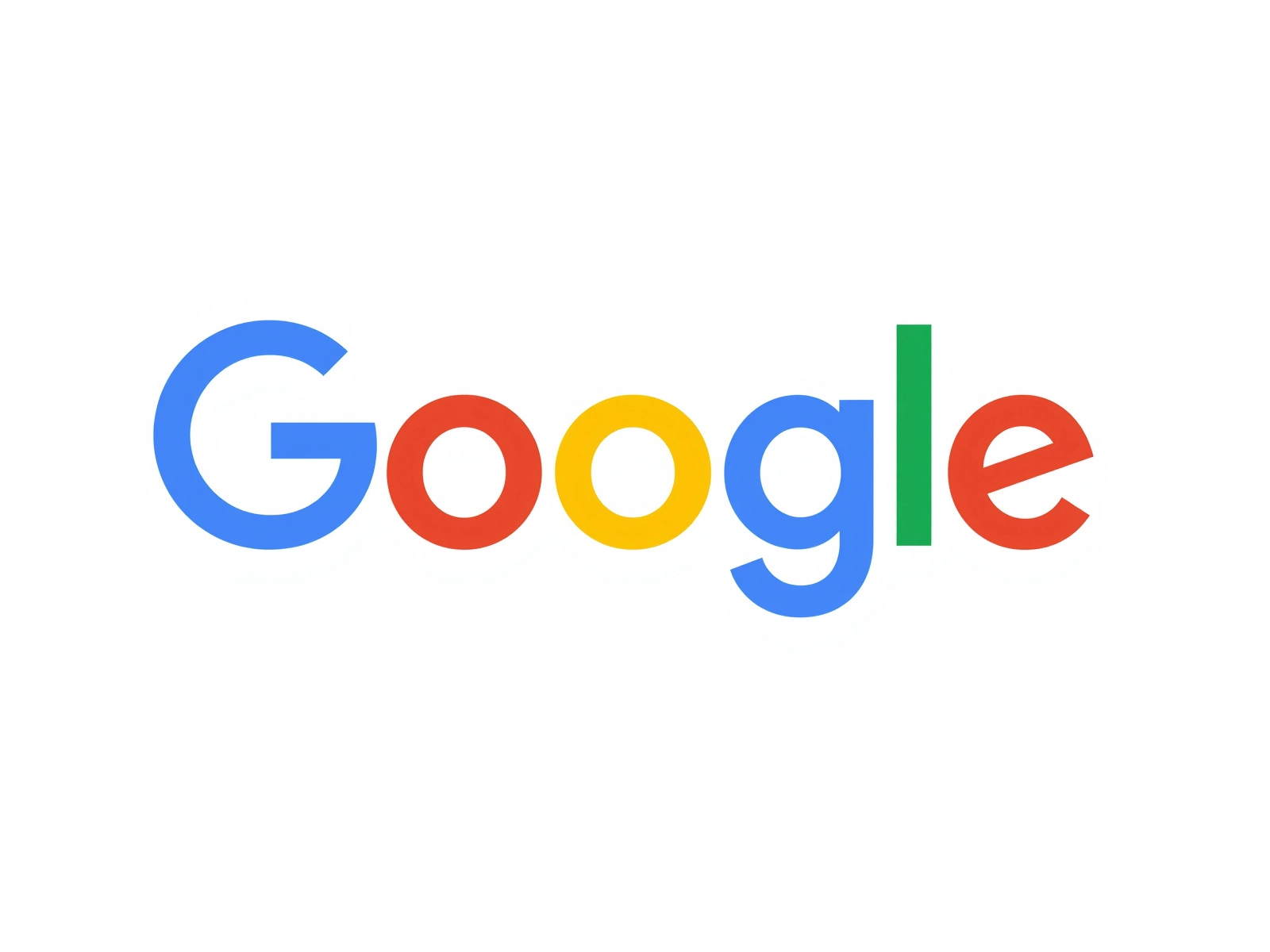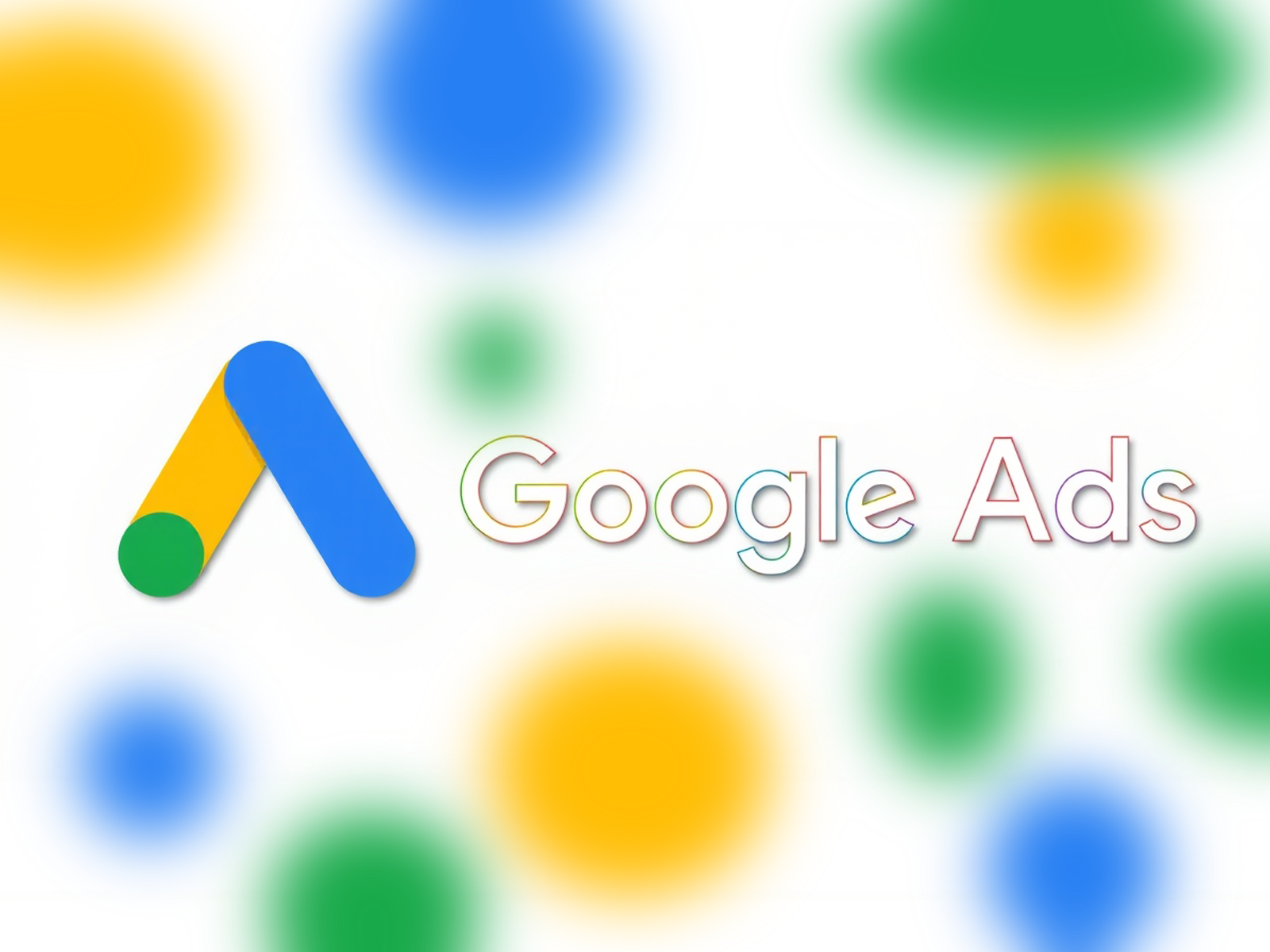
Google Year in Search 2025: How user queries have changed and what it means for marketers

Online store advertising during peak season: a practical guide for businesses with Google Ads

3 GEO Experiments Worth Trying This Year

4 minutes
In competitive industries where keywords are expensive, every additional advantage matters. Beyond traditional keyword targeting, it’s worth leveraging audience data — that is, layering behavioral, interest-based, and demographic targeting onto your Search campaigns.
This combination not only boosts the effectiveness of your Search campaigns but also provides valuable insights that can be applied to other Google Ads tools (Display, Performance Max, Video, Demand Gen) or even external platforms — such as Microsoft Ads, Meta Ads, or TikTok Ads.
Google Ads offers several audience types you can use to optimize ad delivery:
Let’s explore how each type works in practice.
Google collects data on users’ age, gender, parental status, education, marital status, employment type, company size, and even homeownership.
These parameters help you focus ad delivery on the right audience groups and reduce wasted spend.
However, demographic data isn’t always 100% accurate, so it’s best used for refining rather than excluding audiences.
This feature allows you to create your own unique audience segments by combining several parameters — interests, demographics, intents, and more.
For example, you can target “women aged 25–34 who are interested in fitness and searching for sportswear.”
Combining custom audiences with high-intent keywords enables more precise targeting and higher ad profitability.
Remarketing lets you re-engage users who have already interacted with your brand — for instance, those who:
Adding these audiences to Search campaigns helps you focus your budget on users with a higher probability of conversion.
This is particularly effective for businesses with long sales cycles or high average order values.
This targeting type allows you to reach users who show an active interest in specific topics or products.
Combining interest targeting with keyword targeting reduces random clicks and ensures your ads appear to people genuinely interested in your offering.
Affinity audiences include users who have shown consistent, long-term engagement with specific topics or brands — for example, “travel enthusiasts” or “tech lovers.”
This type is great for increasing brand awareness and, when combined with search intent, helps you reach niche segments with precision.
These are users who are actively researching a product or service and are close to making a purchase decision.
If your goal is maximum conversion, add this audience type so that your ads reach people most likely to buy soon.
These combinations help allocate your budget more efficiently and boost the ROI of every click.
Before committing to full targeting, Google allows you to add audiences in Observation mode.
In this setting, the system collects performance data without restricting your reach.
You can compare multiple audiences at once and determine which combinations of demographics, interests, and intents deliver the best results.
Observation mode is a safe way to test new ideas in highly competitive or high-cost industries.
The insights you collect can then be used to scale successful audiences in future campaigns — both within Google Ads and on platforms like Meta, TikTok, or Microsoft Ads.
Once you’ve gathered performance data — regardless of the mode — you can apply those insights to other campaigns.
Within Google Ads, test your best-performing audiences in Display, Performance Max, Video, or Demand Gen campaigns.
Then, transfer those results to other platforms to see how similar audience groups perform across different environments.
Interestingly, this process works both ways: if a certain audience performs well on Meta Ads or TikTok Ads, you can bring it back to Search for additional testing and refinement.
Microsoft Ads also supports advanced audience targeting, including Similar Audiences and an Observation mode.
Although most capabilities mirror those of Google Ads, results often differ. Therefore, you shouldn’t auto-import campaigns — instead, optimize them for each platform’s specifics.
This approach helps you expand your reach beyond Google, tapping into the Bing search network and Microsoft’s partner sites.
If your business operates in a competitive field or has a long consideration cycle, layering audience targeting onto Search campaigns is a practice worth investing in.
It allows you to:
Combining keyword targeting with user behavior data transforms traditional Search campaigns into powerful, insight-driven marketing systems — where every impression and every click matters.
Read this article in Ukrainian.
Say hello to us!
A leading global agency in Clutch's top-15, we've been mastering the digital space since 2004. With 9000+ projects delivered in 65 countries, our expertise is unparalleled.
Let's conquer challenges together!
performance_marketing_engineers/
performance_marketing_engineers/
performance_marketing_engineers/
performance_marketing_engineers/
performance_marketing_engineers/
performance_marketing_engineers/
performance_marketing_engineers/
performance_marketing_engineers/